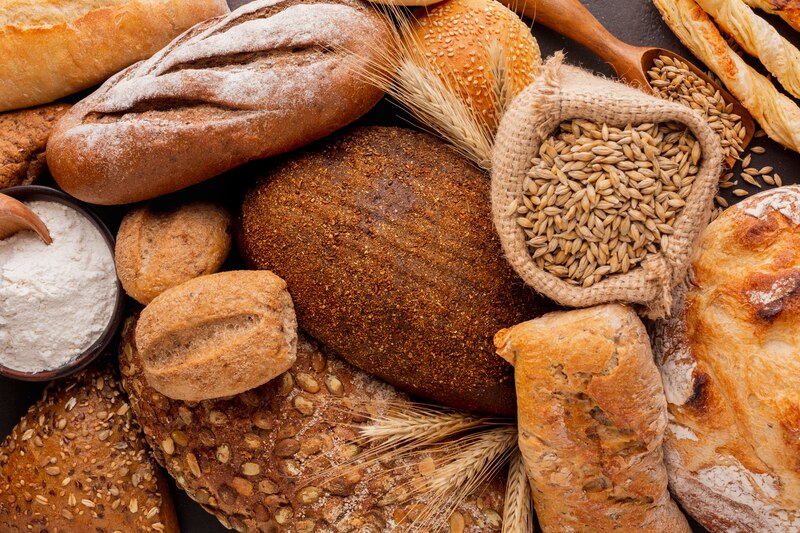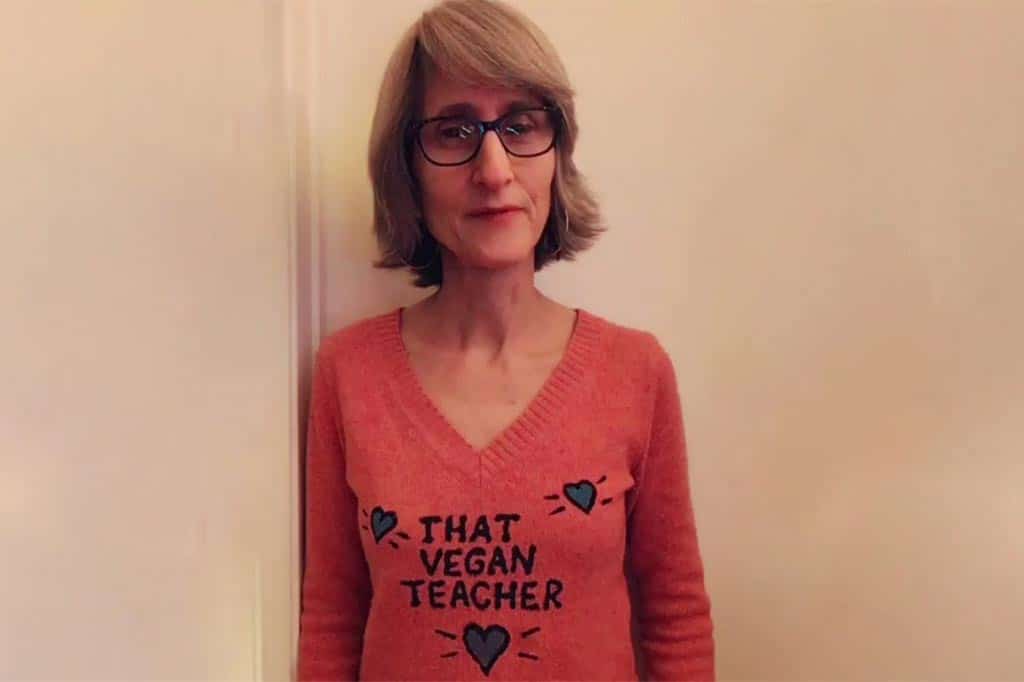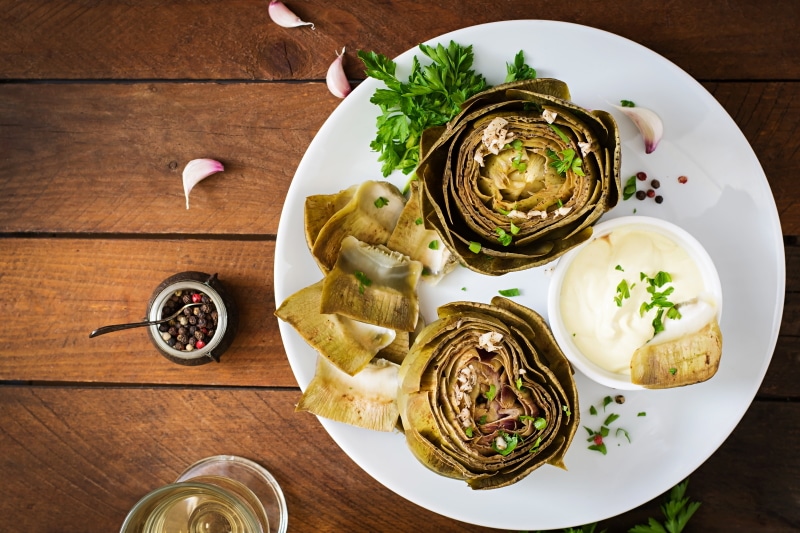The dairy industry was able to coerce VfL Wolfsburg into reconsidering its commitment to go dairy-free, but there is still hope for a plant-based future in the sport of football.
The German football team VfL Wolfsburg made the decision earlier this year to stop serving cow’s milk at their stadium. Instead, it used oat milk as a substitute for it.
However, although the decision to make the change was motivated by concern for the environment, it was received with widespread opposition. Specifically from the industry of dairy products. Finally, as a result of the pressure that was put on them, VfL Wolfsburg changed their minds.
However, there are vegan soccer teams out there. For instance, Forest Green Rovers asserts that they were the very first carbon-neutral football club in the world. It only serves vegan cuisine to the athletes and the supporters. Additionally, in April of this year, the club was elevated to the League One level of the English Football League.
Would it be possible for VfL Wolfsburg to switch to a plant-based diet? It’s a tricky situation.
The oat milk backlash directed towards VfL Wolfsburg
In March, VfL Wolfsburg made the initial announcement that it will be working together with the plant-based food company Oatly. The dairy business was seething with rage.
Uelzena, a local dairy manufacturer, sent a letter to the club expressing its concern over the situation. Additionally, a butter manufacturer threatened to go on strike against the club’s parent company, Volkswagen, in its entirety. (The German multinational car manufacturer also sparked criticism a year ago when it decided to remove its distinctive currywurst off the cafeteria menu at the Wolfsburg factory where it was located. Instead, it provided a greater variety of meatless options.)
After that, the German Farmers’ Association began a defamation campaign against Volkswagen in response to the judgment made by VfL Wolfsburg. (It is important to point out that Lower Saxony, which is the most agriculturally productive state in the country, is also the location of Volkswagen’s headquarters, and that the state owns 11.8 percent of the firm.)
In the end, VfL Wolfsburg capitulated to the mounting pressure. Oat milk is now only made available on demand rather than being the default as it was originally supposed to be.
Vegan-based football is possible
The chairman of Forest Green Rovers and environmentally conscious entrepreneur Dale Vince has stated that he is not shocked by the response that VfL Wolfsburg has received. He remembers situations very similar to those when his own club stopped serving meat.
According to what he said in an interview with Plant Based News, “Organizations that go plant-based will always experience pushback from farmers and dairy organizations with a vested interest.” “People have the right to their opinions, and a good many of them will want to safeguard their means of subsistence.”
In 2010, Vince took over the leadership of Forest Green Rovers. At that time, it was on the verge of going bankrupt. As he progressed in the management of the club, he gradually decreased the amount of red meat that was supplied to both the players and the supporters. As a dedicated vegan, he felt he had no choice but to eliminate any items from the menu that contained animal products.
“I caught our chef at the time putting out a giant beef lasagne on my first day as custodian of the club, and I knew something had to change,” he revealed. “When I discovered this, I knew something had to change.” “Even though I had abstained from eating meat since I was a teenager and had been vegan for the past two decades, I found myself working in the meat industry. That was not going to take place under any circumstances.
The removal of red meat from the menu was the initial step, which resulted in a significant amount of media coverage. In newspapers such as The Sun, sensationalist headlines about a “red meat ban” were published, although the club’s visibility actually increased as a result of the prohibition. The next year, fish was the last item to be removed from the menu, and by 2015, nothing contained any animal products.
“Fans didn’t disappear. As a matter of fact, we started bringing in people who were supporters of our ideals first, and football second, which was an unexpected bonus,” remembers Vince. “When our players get fouled by the opposition’s players, we still hear the occasional “where’s your burger van” or “stop eating our grass” chant from the crowd, but that’s all a part of the exciting competition.”
In addition, he stated that “we’ve had to add more capacity to all of our kitchens and hospitality programs.”
Oat milk is better for the environment.
Forest Green Rovers, much like VfL Wolfsburg, formed a partnership with Oatly to provide dairy-free milk alternatives to its customers.
Oat milk has a lower impact on the environment compared to cow’s milk. A person’s annual contribution to the release of greenhouse gasses is increased by 229 kilos for every glass of dairy milk that they consume daily. However, the equivalent amount of oat milk consumed through consumption contributes just 65 kilos.
As part of its promise to lower its own emissions, VfL Wolfsburg collaborated with the United Nations on the Race to Zero initiative in 2020. As part of this commitment, the company made an effort to transition away from using cow’s milk.
“There is an immediate need to make changes to our food system to protect both people and the planet.” According to Lucy Hopkins-Parkinson, a spokesperson for Oatly, food production is responsible for a third of global greenhouse gas emissions, with more than half of those emissions originating from animal farming.
She went on to say that “we are really proud to sponsor pioneers like Wolfsburg and Forest Green Rovers who should be applauded for pioneering this move to a more plant-based diet.” “We are really glad to support pioneers like Wolfsburg and Forest Green Rovers.” “Most notably in the realm of professional athletics, where, alas, it is not yet the accepted norm.”
A future for athletics that is based on plants.
However, the landscape of the sporting world is progressively shifting.
Many professional football players, including Chris Smalling, Héctor Bellern, and Alex Morgan, among others, are advocating for a diet that is primarily composed of plant foods. In addition to that, they are making investments in the development of food derived from plants.
Both football players, Dele Alli and Chris Smalling have made investments in plant-based companies in the past year. Dele Alli’s investment was made in Next Gen Foods. Even more impressive, he launched his own environmentally responsible venture capital fund just one month ago.
Vince is the first to admit that it is not simple to implement changes that affect the entirety of the club. On the other hand, he encourages more people to “hold their nerve.”
“Once I switched to the plant-based formula of Forest Green Rovers, there was no turning back,” he remarked. “If nothing else, the single-mindedness with which I approach my work ought to urge others to do what we have demonstrated is achievable.”








